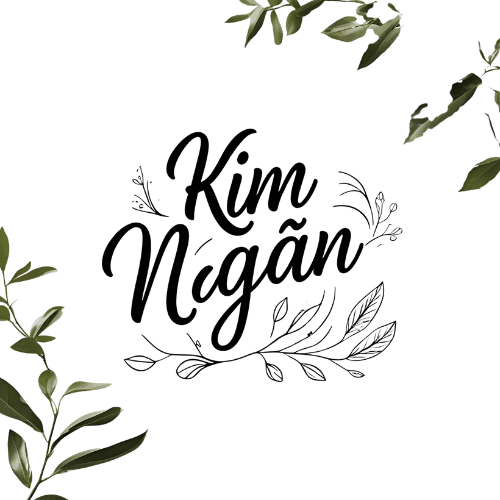Exploring Chongqing: Mountains, Neon Lights, and Hidden Memories
🇨🇳 Chongqing – Where Mountains Rise Like Walls and Memories Hide Behind Neon
Some cities expand outward. Chongqing grows upward—and inward. Built on cliffs and carved by rivers, this mountain metropolis feels like a dream stitched together by stairs, fog, and flickering red lanterns.
Here, buses drive through buildings. Skyscrapers vanish into mist. And somewhere between the spice of hotpot and the glow of midnight ferries, you begin to wonder: Is this a city, or a memory still unfolding?
Welcome to Chongqing—where everything feels steep, surreal, and strangely unforgettable.
1. Why Chongqing? – A City That Refuses to Be Flat
Chongqing isn’t like anywhere else in China. It’s:
A mega-city that somehow still feels like a maze of neighborhoods
Known for its vertical geography, winding roads, and never-ending staircases
The true birthplace of spicy hotpot culture
A historic gateway to China’s southwest frontier, blending Han, Tujia, and mountain cultures
And despite its size, it doesn’t try to impress. It just pulls you in.
2. What to See – Chongqing’s Layers of Past and Present
🏙️ Hongyadong (洪崖洞)
A multi-story riverside complex resembling a fantasy film set
Best seen at night when the neon reflections shimmer over the Jialing River
Come for photos, but stay for the alleyways nearby—they’re where real life happens
🚇 Liziba Station – The Train Through a Building
An urban oddity that’s become a symbol of Chongqing’s quirky vertical design
Watch the light rail pass through an apartment block, and wave to residents
🐉 Ciqikou Ancient Town
A charming historical district with Ming-era architecture, street snacks, and folk performances
Great for sipping tea by the river and watching boats go by like in old tales
⛰️ Eling Park & One Tree Pavilion
For panoramic views of the city’s layered skyline and where the Yangtze and Jialing rivers meet
🌉 Night Cruise on the Yangtze
See the city light up from the water—bridges, towers, reflections like fire dancing on silk
A slow, cinematic way to end your day
3. Feel the City – How Chongqing Moves You
Chongqing doesn’t unfold in straight lines. It zigzags.
You descend three escalators and still aren’t at street level
You take a cable car to cross the river
You follow a hotpot scent into an alley—and emerge on a rooftop
It’s a place made for wanderers. And for getting lost just enough to find something true.
4. What to Eat – Spice, Sweat, and Soul
Chongqing is not for the mild-mouthed.
Chongqing Hotpot: Floating with red chilies, Sichuan peppercorns, and layers of flavor. Bring tissues—and courage.
Xiao Mian (小面): Simple noodle dishes, big personality
Grilled skewers, fried fermented tofu, cool mung bean jelly (a surprising relief after spice)
🌶️ Here, food isn’t just a meal. It’s a rite of passage.
5. Tips for First-Time Visitors
Best time to visit: March–May and October–November for cooler weather and clearer skies
Fog warning: Nicknamed “Fog City” for good reason—embrace the mystique
Getting around: Metro is efficient; but be ready to walk… and climb
Language: English signage is limited—download Pleco or use WeChat Translate
6. For the Slow Traveler – Chongqing Off the Beaten Path
Wake early and watch old men practicing tai chi in cliffside parks
Wander through old residential staircases where laundry sways over broken tiles
Take the Yangtze River cable car at sunset, when light bends the water into poetry
Sit in a street teahouse and say nothing for an hour. You’ll hear everything.
🪷 Some cities you photograph. Others you feel. Chongqing is the latter.
Final Thoughts – The City That Rises in Layers, and Lingers in You
Chongqing doesn’t make sense on paper. It doesn’t move like other cities. It moves like memory: rising, falling, repeating, disappearing into the fog before you can name it.
And maybe that’s why it stays with you. Not because you understood it—but because you felt something real inside it.
Until the next quiet journey,
Kim Ngân – storyteller & slow traveler
